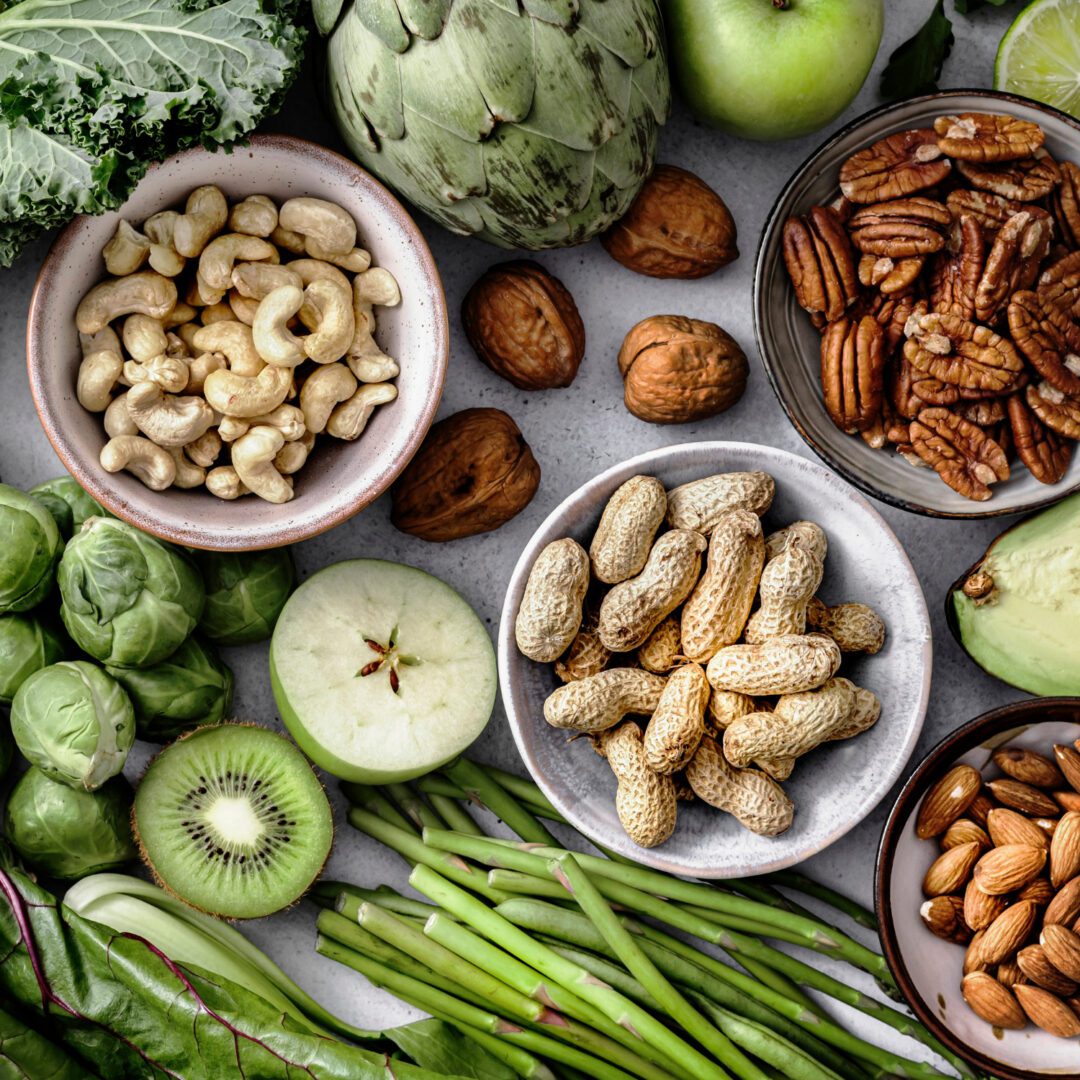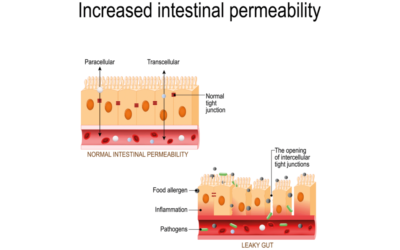In the realm of gut health, probiotics often steal the spotlight as beneficial bacteria that support digestive wellness. However, prebiotics, the lesser-known counterparts, play an equally vital role in maintaining a healthy gut microbiome. This comprehensive article will highlight the importance of prebiotics, their sources, and the myriad benefits they offer for gut health.
What Are Prebiotics?
Prebiotics are a type of non-digestible fibre that serves as food for the beneficial bacteria residing in the gut. Unlike probiotics, which are live bacteria, prebiotics do not contain bacteria themselves. Instead, they promote the growth and activity of beneficial bacteria already present in the digestive tract. By feeding these good bacteria, prebiotics help maintain a balanced gut microbiome, which is essential for overall health.
Prebiotics are primarily found in certain foods that contain high levels of specific fibres and natural compounds, such as fructooligosaccharides (FOS), galactooligosaccharides (GOS), and inulin. These compounds resist digestion in the stomach and small intestine, reaching the colon intact, where they are fermented by gut bacteria (learn more about prebiotics).
The Benefits of Prebiotics for Gut Health
- Enhanced Growth of Beneficial Bacteria
- Prebiotics selectively stimulate the growth of beneficial bacteria, such as Bifidobacteria and Lactobacilli, which are crucial for a healthy digestive system. By promoting a favorable environment for these bacteria, prebiotics help maintain gut balance and prevent the overgrowth of harmful bacteria (discover the benefits of a balanced microbiome).
- Improved Digestion and Absorption
- The fermentation of prebiotics by gut bacteria produces short-chain fatty acids (SCFAs), such as butyrate, acetate, and propionate. These SCFAs provide energy to colon cells and help regulate the absorption of nutrients, improving overall digestive efficiency (explore the role of SCFAs).
- Strengthened Immune Function
- A healthy gut microbiome supported by prebiotics plays a pivotal role in immune function. The SCFAs produced during fermentation help modulate the immune system, reducing inflammation and enhancing the body’s defense against infections (read more about gut health and immunity).
- Weight Management and Metabolic Health
- Prebiotics can influence satiety hormones, helping regulate appetite and reduce overall calorie intake. They also play a role in modulating blood sugar levels and improving insulin sensitivity, contributing to better metabolic health (learn about prebiotics and weight management).
- Mental Health and Mood Regulation
- Emerging research suggests that the gut-brain axis—a communication network between the gut and the brain—can be influenced by prebiotics. By promoting a healthy gut microbiome, prebiotics may positively impact mood and cognitive function, reducing symptoms of anxiety and depression (discover the gut-brain connection).
Top Food Sources of Prebiotics
Incorporating prebiotic-rich foods into your diet is an excellent way to support gut health. Here are some top sources of prebiotics:
- Chicory Root: One of the richest sources of inulin, chicory root is a versatile prebiotic that can be added to drinks or used as a coffee substitute.
- Garlic: Besides being a flavorful addition to many dishes, garlic contains both inulin and FOS, making it an excellent prebiotic food.
- Onions: Onions are another common food high in inulin and FOS. They can be enjoyed raw, cooked, or as a base for soups and stews.
- Leeks: Similar to onions and garlic, leeks are rich in inulin and can be used in a variety of recipes.
- Bananas: Particularly when slightly underripe, bananas are a good source of resistant starch, a type of prebiotic fiber.
- Asparagus: This nutrient-dense vegetable is high in inulin and can be enjoyed grilled, steamed, or roasted.
- Whole Grains: Foods like oats, barley, and wheat contain various prebiotic fibres that support gut health.
- Apples: Apples contain pectin, a type of fiber that has prebiotic effects.
Incorporating these foods into your daily diet can help you naturally boost your intake of prebiotics, supporting a healthy and diverse gut microbiome (find more prebiotic-rich foods).
Tips for Incorporating Prebiotics into Your Diet
- Start Slowly: If you’re new to consuming prebiotic-rich foods, start slowly to allow your digestive system to adjust. Some people may experience gas or bloating initially.
- Combine with Probiotics: For maximum gut health benefits, combine prebiotics with probiotics. This combination, known as synbiotics, can be especially effective in promoting a balanced microbiome (learn about synbiotics).
- Diversify Your Sources: To promote a diverse microbiome, try to include a variety of prebiotic-rich foods in your diet.
- Stay Hydrated: Drinking plenty of water can help support the digestive process, especially when increasing fiber intake.
When to Seek Professional Advice
While prebiotics are generally safe for most people, those with certain digestive disorders, such as irritable bowel syndrome (IBS), may need to be cautious. It’s always best to consult with a healthcare professional for personalized advice on incorporating prebiotics into your diet, especially if you have existing health conditions (book a consultation).
#GutHealth #Prebiotics #Wellness#Nutrition




